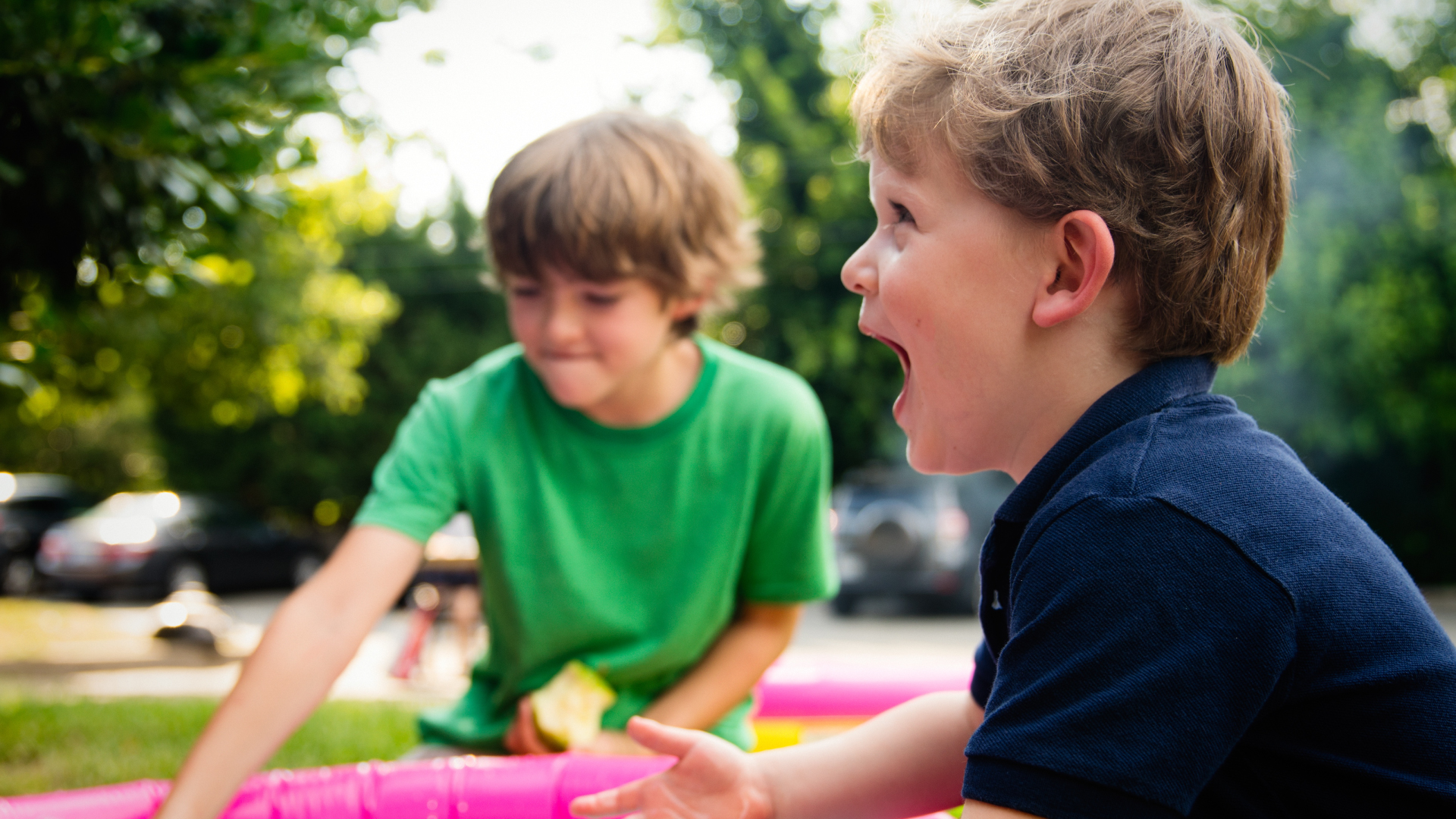Have you changed careers or exited the workforce since your diagnosis? Did you want to but were unable?
A new study is currently seeking participants to help uncover why 33% of working aged cancer survivors exit the workforce within 5 years of diagnosis and why others, who remained in the workforce, have changed careers. Although 89% of working‐aged cancer survivors are back in the workforce 2 years after their diagnosis, at the 5 year mark, only 67% of working‐aged cancer survivors remain in the workforce. This number does not account for those who have changed careers.
Our end goal is to develop best practices for employers so they may better assist their employees impacted by cancer both during and post‐treatment.
To participate in a short online survey, follow this link or call (406.994.6198) or email (Robyn.Chupka@montana.edu) for an electronic link.
Please feel free to contact Robyn with any questions or for more information.





